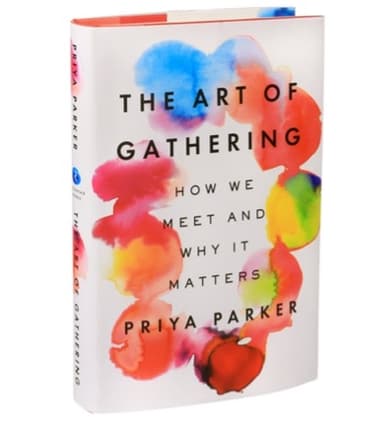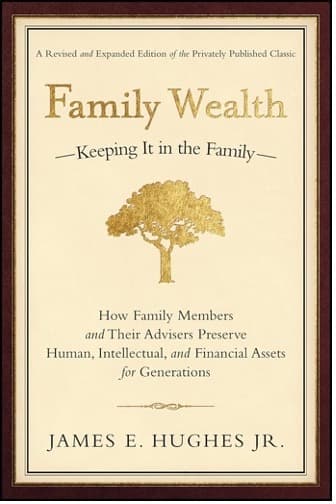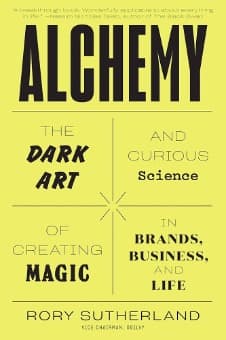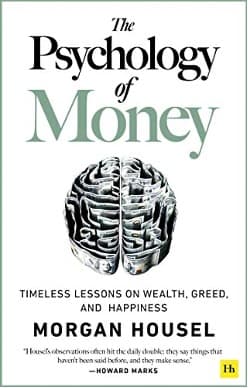In a world of endless book recommendations, we’ve found ourselves returning not to what’s popular but to what’s perennial. At Nines, we don’t read to follow trends. We read to refine taste, thinking, and time-horizon.
Each of these five titles has quietly influenced how we design experiences, build relationships, and think about capital, leadership, and legacy. They’ve shaped our tone, our rooms, and our mindset not with noise, but with depth.
Here are five books we believe every thoughtful builder, investor, or host should spend time with not just once, but across seasons of their life.

1. The Art of Gathering by Priya Parker
Why we return to it: Because how you bring people together is more important than how many show up. This book shaped our approach to curating rooms with intention, context, and clarity of purpose.
Key takeaway: Don’t default to format. Design for meaning. Every gathering should answer: Why are we really meeting?

2. Family Wealth: Keeping It in the Family by James E. Hughes Jr.
Why we return to it: Because legacy is about more than financial transfer, it’s about identity, story, and stewardship. This title reframed how we think about intergenerational trust, governance, and long-view capital.
Key takeaway: Wealth that lasts is built on values, not just value.

3. Alchemy: The Dark Art and Curious Science of Creating Magic in Brands, Business, and Life by Rory Sutherland
Why we return to it: Because logic doesn’t always win. This book reminds us that irrationality, emotion, and elegance often drive the most powerful decisions - in branding, capital allocation, and storytelling.
Key takeaway: Don’t solve problems literally. Solve them beautifully.

4. Letters to a Young Poet by Rainer Maria Rilke
Why we return to it: Because leadership isn't always about output. Sometimes it's about quiet, inner clarity. This timeless set of reflections reminds us to lead with stillness, resist urgency, and trust slow questions.
Key takeaway: “Live the questions now. Perhaps you will then gradually… live along some distant day into the answer.”

5. The Psychology of Money by Morgan Housel
Why we return to it: Because money is emotional and behavior often beats analysis. This book clarified our belief that capital strategy isn’t just about intelligence, but temperament.
Key takeaway: Managing money is not about being smart. It’s about being calm.
Why This Matters for Founders, Investors, and Leaders Today
The ideas we return to quietly shape the rooms we curate, the relationships we build, and the ventures we back.
In a world chasing the next big insight, these books help us slow down and think better — about trust, time, and the kind of legacy we want to create.
Because at Nines, we believe that taste isn’t taught — it’s cultivated. And so is wisdom.